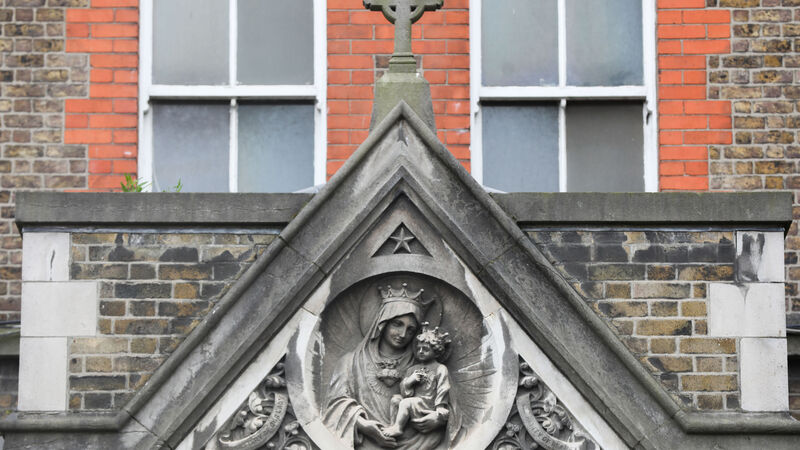Vittorio Bufacchi: Philosophy is an antidote to toxic certainty

The arrogance of certainty about ethics, especially regarding sexual matters, was the reason behind the horrors of young women in Ireland being locked up in Magdalene laundries, with the assistance and full blessing of the Church. Picture: Leah Farrell/RollingNews.ie
November 20 is World Philosophy Day. Having taught philosophy for the last 30 years, I have come across a lot of jokes about my profession. And rightly so perhaps.
After all, every person in this world goes through life thinking about stuff, but some of us have managed to make a living from how to think about thinking about stuff. Now, who’s the joke on?













